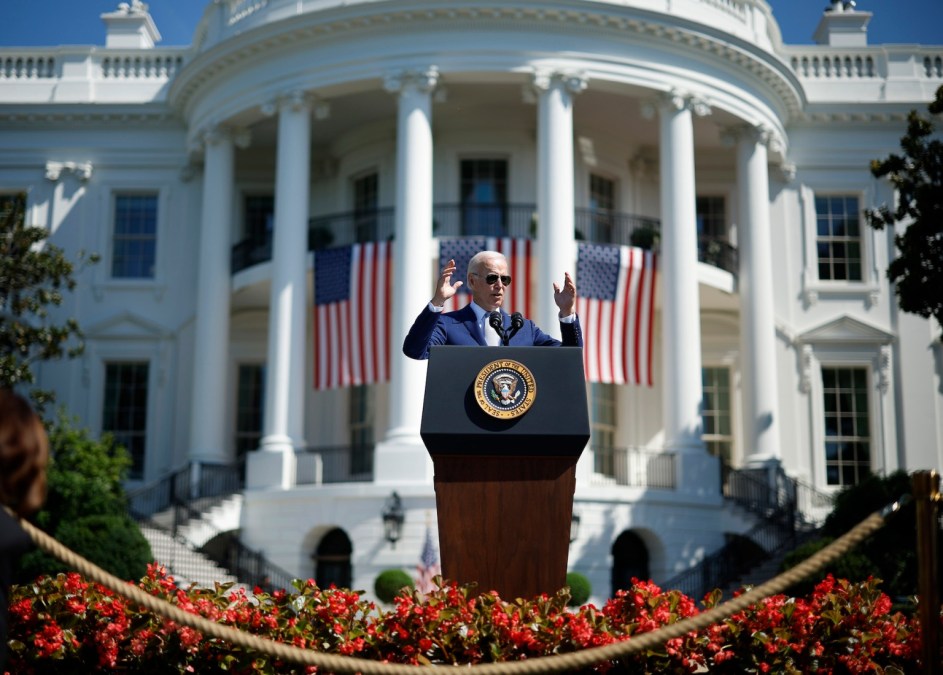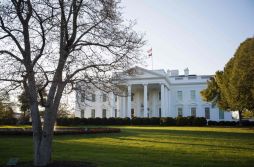OSTP announces strategy for microelectronics research, outlines plan for enhanced workforce

The success of the Biden administration’s national strategy for microelectronics research and the existing CHIPS and Science Act is heavily dependent on the country’s ability to develop and attract new talent, the White House said Friday.
In announcing its National Strategy on Microelectronics Research, the Office of Science and Technology Policy emphasized the need for an enhanced technical workforce over the next five years, while citing the challenge of “fierce” industry competitiveness for skilled workers both domestically and internationally. Though the U.S. has an “aging workforce” that underscores the urgency in adding talent, OSTP noted in the strategy document that for its microelectronics research strategy, “there are not enough students pursuing opportunities across all educational and job levels with the knowledge and skills needed for this workforce.”
The Subcommittee on Microelectronics Leadership and the Workforce Interagency Working Group play key roles in talent development, taking on the responsibility of coordinating efforts across the educational spectrum and working “closely with new entities that may be established.”
The administration’s focus is on supporting both students and educators across tech disciplines “relevant to microelectronics,” OSTP said, in addition to engaging with the public and raising awareness of career opportunities for the semiconductor industry, preparing an inclusive workforce and driving the research and innovation capacity for microelectronics.
“This whole-of-government strategy encourages the microelectronics R&D community to bring their diverse expertise, entrepreneurial spirit and drive to focus on a common purpose — to ensure that America remains a global leader in this important field,” OSTP Deputy Director for National Security Steve Welby said in a press release. “We now turn to the implementation of this strategy, leveraging the once-in-generation investments by government and the private sector — fueled by President [Joe] Biden’s CHIPS and Science Act and the urgency to energize U.S. semiconductor innovation for the future.”
OSTP points in the report to federal programs that support education, research and workforce training, such as those through agencies like the National Science Foundation, which receives CHIPS funds for microelectronic workforce development activities and investments in STEM education at all levels and settings.
“For some skill technical positions, non-degree programs such as certificates, certification, diplomas and other stackable credentials are more appropriate than traditional degree programs,” the report noted, calling out the value of hands-on learning environments such as apprenticeships and internships in research laboratories, development centers and manufacturing facilities.
“Particularly, in the most highly specialized areas, exposure to and mentorship by established industry professionals in state-of-the-art facilities can help students acquire the most up-to-date skills,” the strategy states. “Importantly, the variety of learning pathways needs to support all Americans equitably, and development should especially focus on geographic areas and populations that are currently underserved.”
OSTP also touted the need for mechanisms that translate apprenticeship and internship training into college credit to “more easily recruit and retain foreign students and professionals” to meet the industry’s workforce needs, a sentiment echoed in last week’s release of The State of U.S. Science and Engineering 2024 report.






